Last week, Vietnamese PhD student Trinh Hoang Trieu successfully defended his doctoral thesis on the topic of AI problem solving at New York University. The research, along with contributions from two scientists at Google DeepMind, Dr. Le Viet Quoc and Luong Thang, was published in the journal Nature.
With a set of 30 Olympic geometry problems from 2000 to 2022, AlphaGeometry solved 25 problems, compared to the average score of gold medalists of 25.9, far surpassing 10 problems of computer math systems developed in the 1970s.
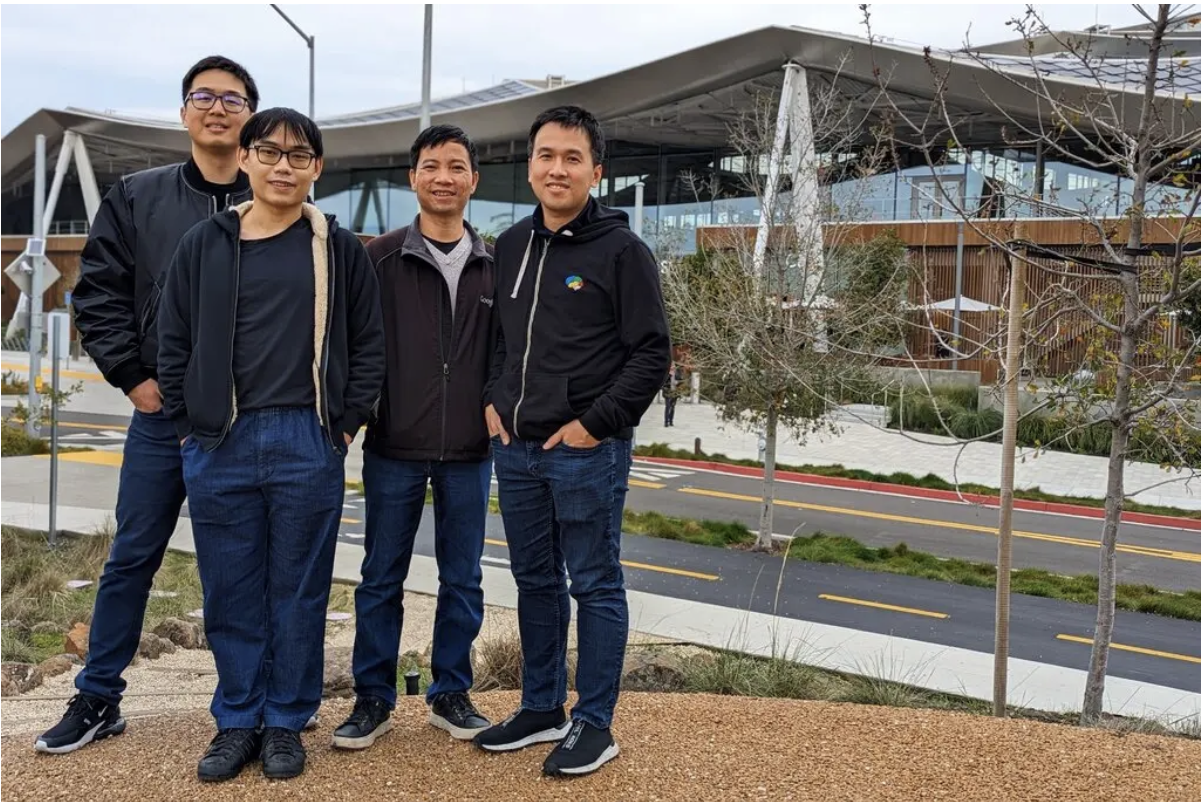
In recent years, Google DeepMind has been pursuing a number of AI research projects related to mathematics. Therefore, Olympiad-level problems are used as criteria for evaluating machine learning.
According to Michael Barany, a historian of mathematics at the University of Edinburgh, the AlphaGeometry research “is a milestone in the ability to reason autonomously at human levels.”
Terence Tao, a University of California mathematician who won an Olympic gold medal at the age of 12, called the AI system a “fantastic achievement” and said its results were “surprising.”
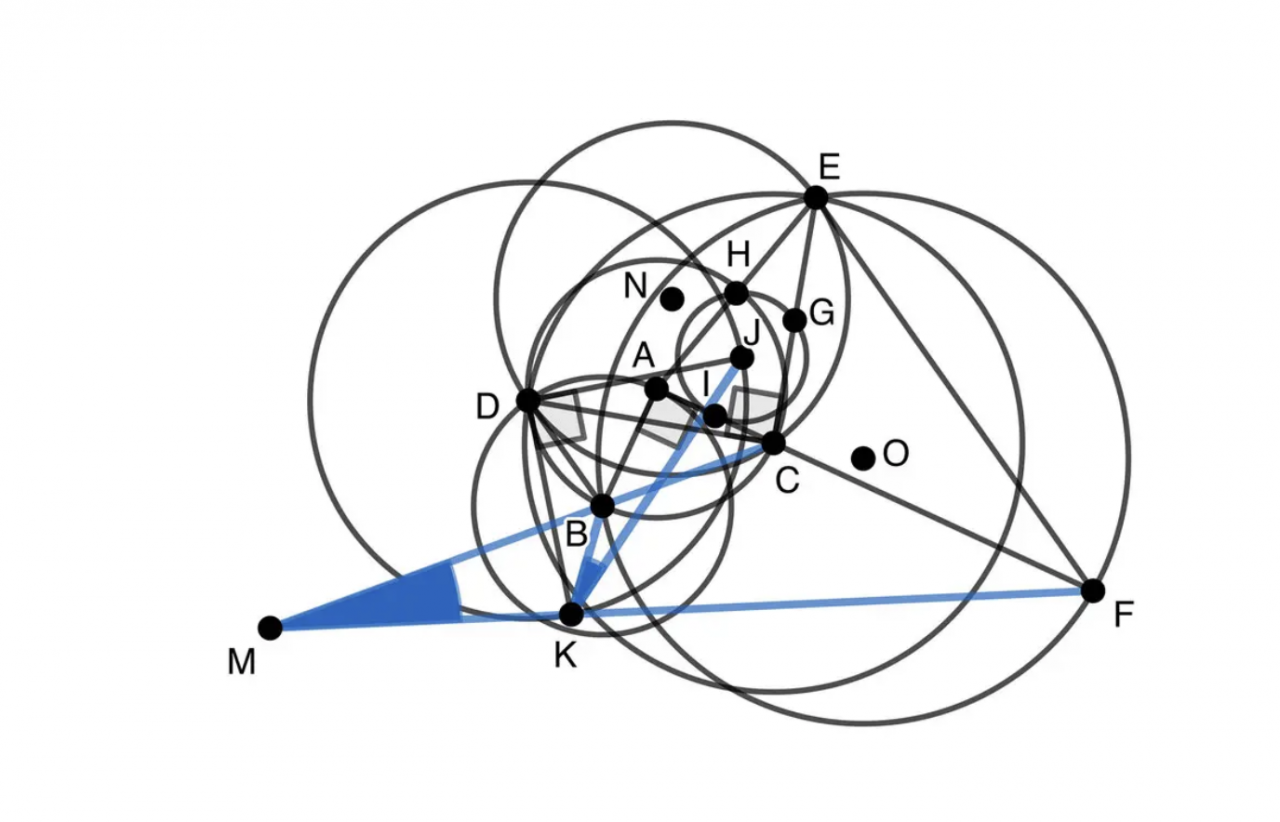
Meanwhile, the author of the study, Trinh Hoang Trieu, said that mathematical reasoning is just a form of reasoning but has the advantage of being easy to verify. “Mathematics is the language of truth,” the Vietnamese doctor said. “If you want to develop an AI system, you need to build a trustworthy AI that can find the truth that users can trust,” especially in applications with high safety requirements.
AlphaGeometry is a system that combines a neural network language model (deep in artificial intuition, similar to ChatGPT but smaller) with a symbolic engine (specialized in artificial reasoning, like a logic computer), before being fine-tuned to understand geometry.
The special thing about the algorithm is that it can generate a solution from nothing. Current AI models, on the other hand, have to search for existing or similar solutions that humans have found.
The results were based on a neural network trained on 100 million geometric examples without human answers. When it started working on a problem, the symbolic engine would work first. If it got stuck, the neural algorithm would suggest ways to improve the argument. This loop continued until the time ran out (four and a half hours) or the problem was solved.
Stanislas Dehaene, a cognitive neuroscientist at College de France, said he was impressed by AlphaGeometry’s performance, but the system “doesn’t perceive anything about the problem it’s solving.” In other words, the algorithm only processes the logical and numerical encodings of images. “It has no spatial awareness of circles, lines, or triangles.”
Dr. Luong Thang said this “sensory” element could be added this year, using Google’s Gemini AI platform.
(According to Washington Post)

Source










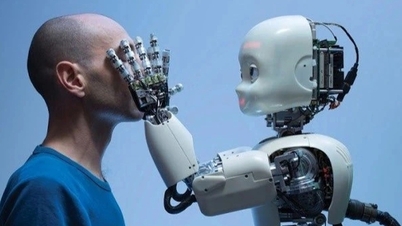







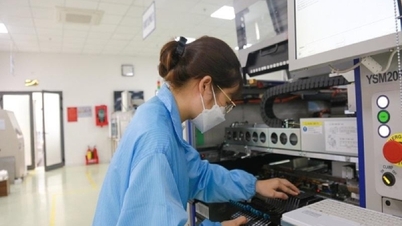

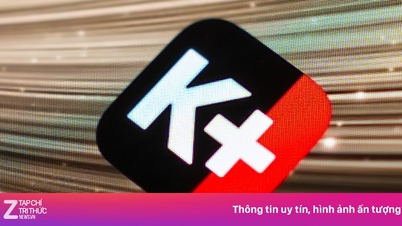



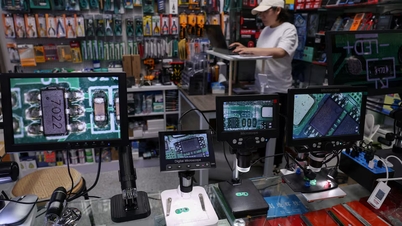








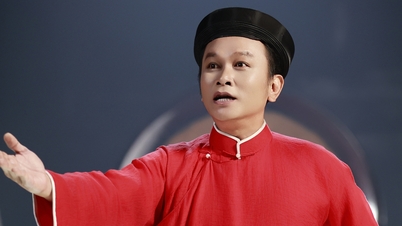



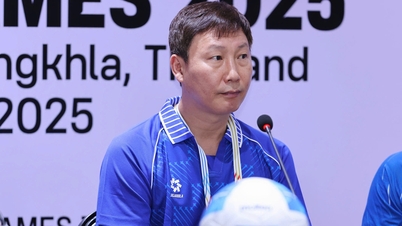

![[Photo] Worshiping the Tuyet Son statue - a nearly 400-year-old treasure at Keo Pagoda](/_next/image?url=https%3A%2F%2Fvphoto.vietnam.vn%2Fthumb%2F1200x675%2Fvietnam%2Fresource%2FIMAGE%2F2025%2F12%2F02%2F1764679323086_ndo_br_tempimageomw0hi-4884-jpg.webp&w=3840&q=75)
![[Photo] Parade to celebrate the 50th anniversary of Laos' National Day](/_next/image?url=https%3A%2F%2Fvphoto.vietnam.vn%2Fthumb%2F1200x675%2Fvietnam%2Fresource%2FIMAGE%2F2025%2F12%2F02%2F1764691918289_ndo_br_0-jpg.webp&w=3840&q=75)









































































Comment (0)